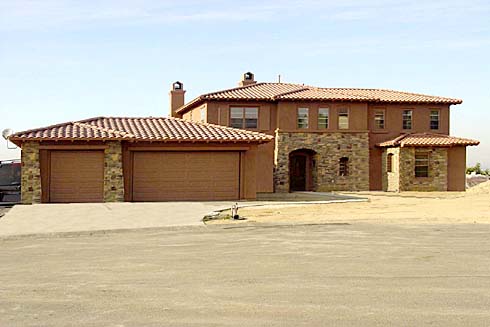REAL ESTATE MARKET
The Real Estate Market: Navigating the Dynamics of Property Transactions
The real estate market is a multifaceted arena that embodies the convergence of potential buyers and sellers of real property, reflecting the current transaction activity and prevailing market conditions. This dynamic ecosystem encompasses various property types, including the housing market, office market, condominium market, and land market, each exhibiting distinct characteristics and influencing factors.
Understanding the Dynamics
Housing Market
The housing market represents a vital segment of the real estate landscape, encompassing the buying, selling, and renting of residential properties. Factors such as mortgage interest rates, housing supply and demand, and economic indicators significantly influence the trajectory of the housing market, impacting affordability, homeownership rates, and residential investment trends.
Office Market
The office market pertains to commercial properties designed for office use, encompassing office buildings, business parks, and coworking spaces. Market dynamics in this segment are shaped by factors such as employment trends, corporate expansion or contraction, technological advancements, and urban development patterns, all of which contribute to the vibrancy and demand for office spaces.
Condominium Market
The condominium market revolves around the sale and purchase of individual units within multi-unit residential buildings. Market conditions in this segment are influenced by factors such as maintenance fees, amenities, location attractiveness, and regulatory considerations, reflecting the preferences and lifestyle choices of potential buyers and investors.
Land Market
Land Market
The land market encompasses transactions related to undeveloped or raw land, reflecting the potential for future development, conservation efforts, or land banking strategies. Factors such as zoning regulations, infrastructure development, environmental considerations, and urban expansion plans play a pivotal role in shaping the dynamics of the land market, underscoring its intrinsic link to broader land use and development patterns.
Navigating Market Dynamics
Market Influences
The real estate market is subject to a myriad of influences, including economic cycles, demographic shifts, policy interventions, technological disruptions, and global market dynamics. Understanding these influences is crucial for stakeholders to make informed decisions, whether as buyers, sellers, investors, or developers.
Investment Opportunities
Amidst the ever-evolving real estate market, various investment opportunities emerge, ranging from traditional residential properties to specialized commercial ventures. Identifying emerging trends, assessing risk factors, and conducting thorough due diligence are essential for capitalizing on the diverse investment potentials within the real estate market.
Conclusion
In conclusion, the real estate market embodies a dynamic and multifaceted domain, encompassing diverse property types, transaction activities, and market influences. By comprehensively understanding the intricacies of the housing, office, condominium, and land markets, stakeholders can navigate the complexities of property transactions, capitalize on investment opportunities, and contribute to the vitality and resilience of the real estate ecosystem.
Can you provide examples of economic indicators that impact the housing market?
How does urban development affect the dynamics of the land market?
Can you elaborate on the potential risks associated with real estate investment?
MORE REAL ESTATE TERMS
A, B, C, D, E, F, G, H, I, J, K, L, M, N, O, P, Q, R, S, T, U, V, W, X, Y, Z
Featured New Home

Featured Mortgage Brokers
- AMERICAN FINANCIAL NETWORK INC, MURRIETA, CA
24910 WASHINGTON AVE
MURRIETA, CA 92562 - TOP FLITE FINANCIAL INC, WATERFORD, MI
5663 HIGHLAND RD
WATERFORD, MI 48327 - Altamont Mortgage Funding Inc, mortgage broker in Portland, OR
4380 SW Macadam Ave Ste 125
Portland, OR 97239 - VENTA FINANCIAL GROUP INC, LAS VEGAS, NV
1300 S JONES BLVD STE 150
LAS VEGAS, NV 89146 - GENERATION MORTGAGE COMPANY, ATLANTA, GA
3 PIEDMONT CTR NE STE 300
ATLANTA, GA 30305